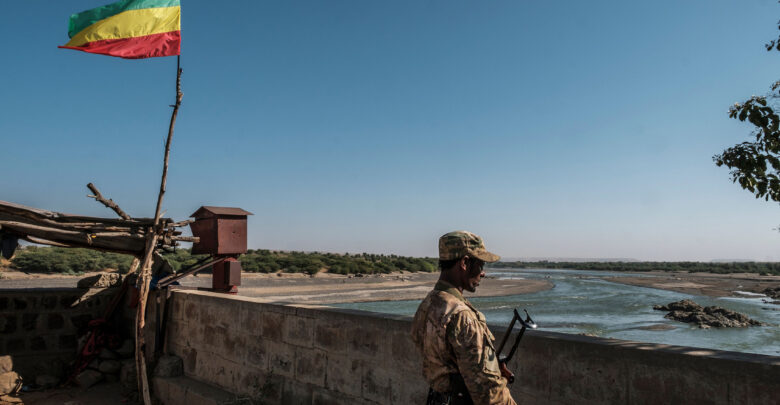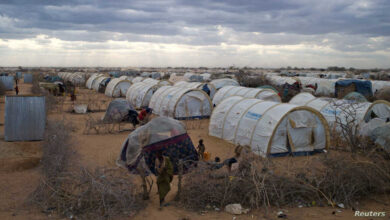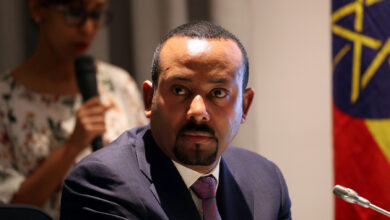Ethiopia
AU Calls On Ethiopian Government To Ease Humanitarian Access To Tigray

The African Union (AU) on Friday called on the Ethiopian government to step up efforts to facilitate the delivery of humanitarian aid to the people of the war-torn Tigray region to prevent starvation, reported Africa News.
Ethiopia’s Tigray region has been wracked by violence since November last year, when Nobel Prize winner Prime Minister Abiy Ahmed ordered military troops to enter Tigray and oust the Tigray People’s Liberation Front (TPLF), the regional ruling party, saying the move was in response to attacks on federal military camps orchestrated by the TPLF.
Although Abiy promised a swift victory, the war has dragged on for months, triggering a humanitarian crisis in Tigray. According to the United Nations, the crisis has left 400,000 people facing famine-like conditions. The fighting and humanitarian crisis have also spread to the neighboring regions of Afar and Amhara in recent months, where 1.7 million people are now facing hunger.
“We know the government of Ethiopia is doing its best but we want more to be done to ensure that people are not starving,” Bankole Adeoye, the AU Commissioner for Political Affairs, Peace and Security, said on Friday.
He said women and children should not be made victims of a conflict that is not of their own doing.
The statement from the AU comes just a day after the United Nations warned that the humanitarian situation in Tigray would worsen dramatically unless the Ethiopian government lifts an “aid blockade” and allows relief material to reach cut-off populations.
The Ethiopian authorities and the TPLF continue to accuse each other of obstructing aid convoys and driving a desperate population into famine, as aid workers face security woes and bureaucratic delays.
On Thursday, President Abiy’s spokeswoman Billene Seyoum assured that the government was working to facilitate access, but “the violent behavior and violent nature of the TPLF is making (things) very difficult for humanitarian actors.”






